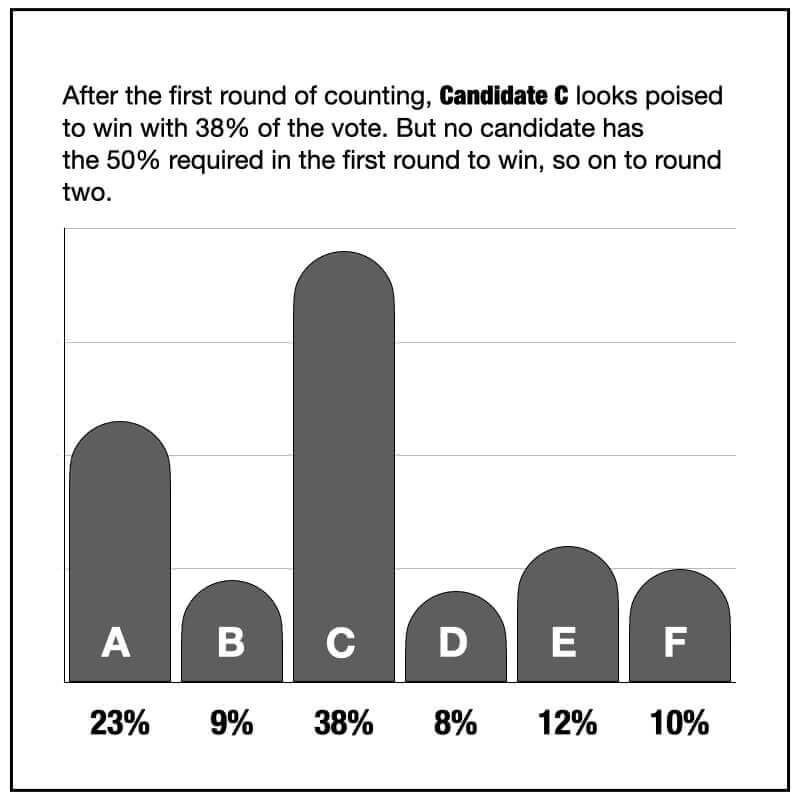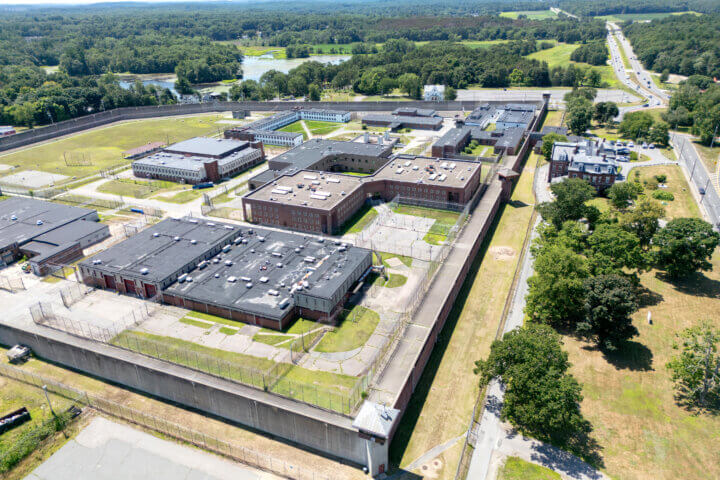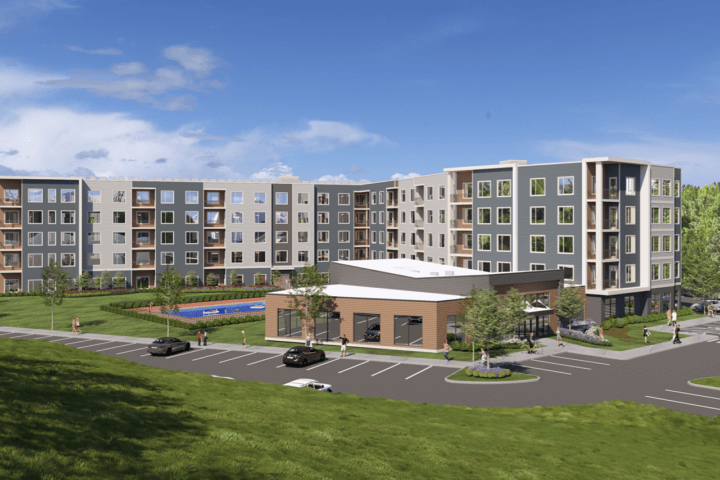By Sammy Grobman — Boston University Statehouse Program
Supporters are trying again to bring ranked choice voting to Concord after the state legislature failed to act on a previous home rule petition supported by 2022 Town Meeting.
Question 2 on the November 2020 state ballot would have enacted ranked choice for primary and general elections for state executive officials and legislators, Congressional and Senate seats, and certain county offices beginning in 2022. It was defeated by a 55-45% margin.
“In Massachusetts, towns need state permission [from] the legislature to make changes to town elections. Ranked choice voting is one of the changes that the legislature has to approve in order for a town to implement,” said state Rep. Simon Cataldo (D-Concord).
Ranked choice is an alternative way of voting. The system allows voters to rank multiple candidates based on preference, rather than supporting only their top choice.
In RCV election, the candidate with more than 50% of the vote wins.
If there’s no majority in the first round, the candidate with the fewest votes is eliminated. For the ballots on which that candidate was the voter’s top choice, second-ranked votes will be counted for that second-choice candidate.
This continues until one candidate has a majority.
Local support
Two years ago, Concordian Kate Kavanagh submitted a citizen petition to change the town’s election rules. The proposal passed at May 2022 Town Meeting, but the bill died at the end of the 2021-2022 state legislative session.
“I felt like Concord was just right for it [and] that the citizens of Concord would support it, and indeed they did,” she said.
Communities that have adopted RCV “have experienced more candidates running” and better representation of underserved groups, Kavanagh said — which adds up to “higher voter turnout, more civil campaigns, [and] legislators who represent a majority of constituents [and are] therefore more accountable.”
She said that “if Concord’s RCV home rule petition passes by the end of this legislative session, we can use it for our local election next spring.”
Cataldo resubmitted the bill for the current session, where it awaits a decision from the legislature’s Election Laws Committee.
Meanwhile, there’s been shift in approach by advocates working on the local level.
“We’re supporting all of the homegrown petitions that would allow municipalities that have voted to enact ranked choice voting in their local elections to sort of act like local laboratories,” said John Griffin of the advocacy group Partners in Democracy.
Home rule
Towns and cities like Boston are also trying to get home rule petitions approved.“There’s been a multitude of home rule petitions from across the state [going] to the Statehouse,” said Ed Shoemaker, executive director for Ranked Choice Boston. “Local cities and towns have approved it at the local level and are seeking approval from the Statehouse to implement it.”
Shoemaker has seen local support for the resurgence of ranked-choice voting.“Folks are excited to hear that we’re doing another push for it,” said Shoemaker.
The community support in Concord was described as “unflagging,” said Kavanagh, though the future of the petition is unclear.
“If it doesn’t go through by the end of July, we need to go back to Town Meeting again, which seems a little silly,” she said. “You could refile it once, but you just cannot refile it indefinitely.”






